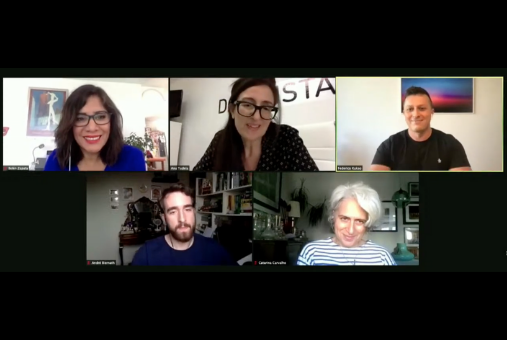
“It is symbolic and it is very important to understand the moment in which we live,” André Biernath said during the 14th Ibero-American Colloquium of Digital Journalism during the panel “Challenges in the coverage of the pandemic in Ibero-America amid the ‘infodemic,’ the epidemic of disinformation.”
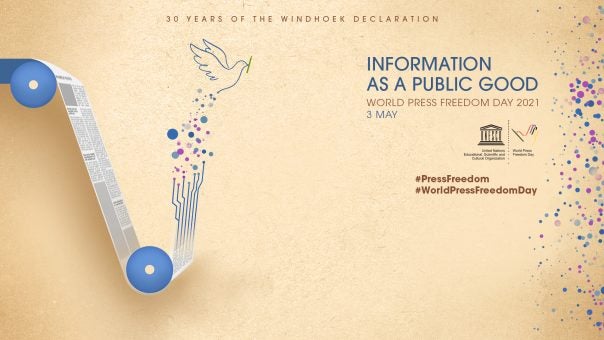
LatAm Journalism Review spoke with UNESCO Director General Audrey Azoulay about advances in recent years, the situation for journalists on the American continent and the organization’s alliance with the Knight Center in seeking to strengthen journalism and reporting.
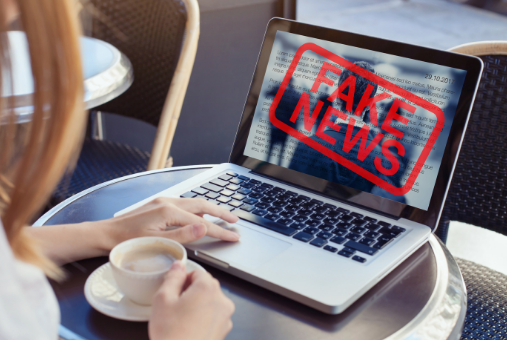
Fact-checking has little capacity to impact people's opinions, but increases the cost of disseminating, on the internet, something that has already been categorized as false.
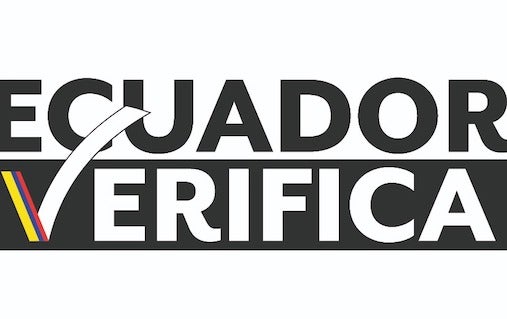
The initiative, according to the organizers, is unprecedented in Ecuador and is inspired by similar initiatives in Latin America, such as Verificado in Mexico and Projeto Comprova in Brazil.

The e-book 'Infodemia' explains in a form of a dictionary, and with a lot of rigorous black comedy, the false and misleading news spread across Latin America and the rest of the world during the COVID-19 pandemic.
Libro 'Infodemia' explica a modo de diccionario, y con riguroso humor negro, las noticias falsas y engañosas más difundidas en América Latina y el resto del mundo durante la pandemia de la COVID-19.
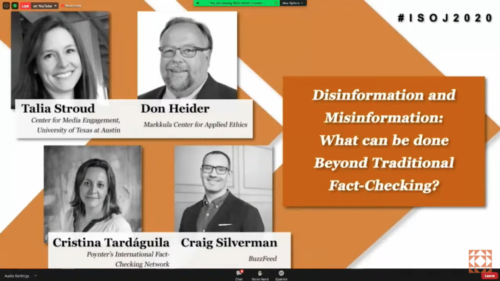
The tricky part of the traditional fact-checking model is the speed in which fake news can reach hundreds of thousands of people, said Talia Stroud, director of the Center for Media Engagement of UT at Austin.
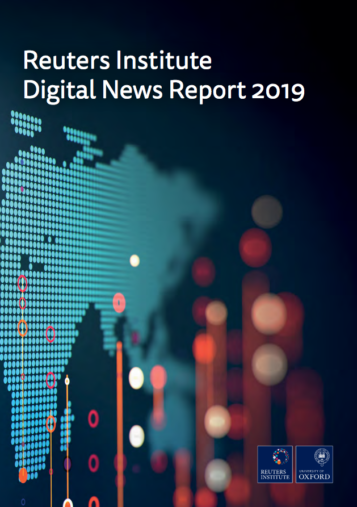
According to Camarena and Moreno, the Mexican president has implemented a strategy of harassment and disqualification against journalistic media that is causing a polarization of the country's press.
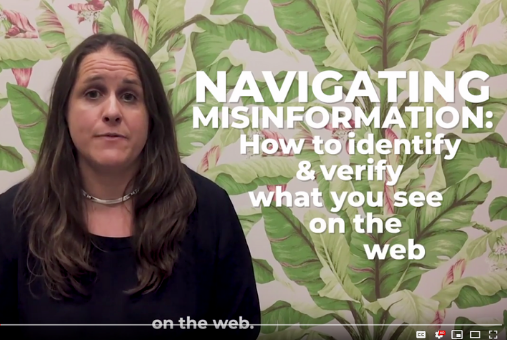
Learning how to verify content from online sources is more important each day, especially as the amount of false content on the internet grows.
Two newspapers and a news agency in Bolivia face charges of "diffusion and incitement of racism or discrimination." The news agency claims it only reported what President Evo Morales said in a speech, reported the newspaper La Razón.
Mexican authorities arrested two men for allegedly tweeting rumors about violence, according to the Associated Press (AP). The state is accusing the suspects of terrorism, Milenio reported.
President José Mujica accused the Argentine and Uruguayan press of manipulating his statements, after he generated an uproar for calling Argentina “a country cut in two” by polarization, after attending the wake of former President Néstor Kirchner.